1. Newborns are FUNNY LOOKING.
They basically look like ALIENS. The birth process itself accounts for some of this..


All that squeezing and pushing on the journey through the birth canal can result in squished features and a head that's more cone-shaped than round. C-section babies typically have rounder heads.
2. Babies can be EXPLOSIVE
Newborns may look sweet and innocent, but when it comes to spit-up and poop, they can leave a grownup in tears.
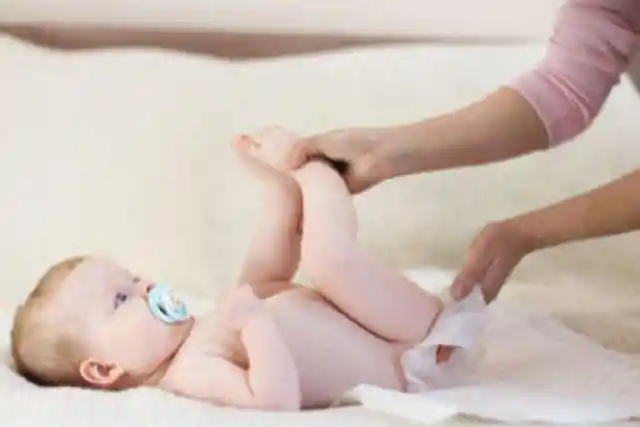
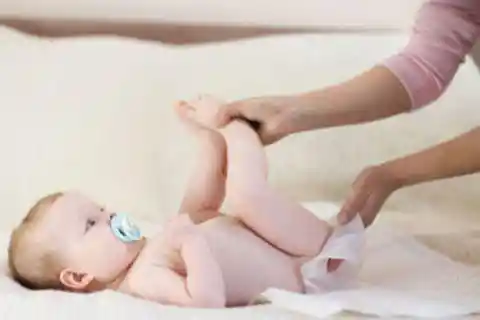
An average newborn goes though 12-15 diapers a day.
3. Newborns cry A LOT but never shed a tear
Babies start crying around 2-3 weeks, but tears don't show up until they're about a month old. Late afternoon and early evening are prime fussing time.


Often, it's for no reason, and nothing you do will help .
4. Sometimes infants stop breathing.
Likely when they're sleeping, they may pause without a breath for 5 to 10 seconds -- just enough time to make a new mom or dad panic. Irregular breathing is normal.


(But if your baby stops breathing for a longer time or turns blue, it’s a medical emergency.) When babies are excited or after crying, they may take more than 60 breaths in a minute.
5. Babies can scare themselves.
It doesn’t take much to startle a newborn: a loud noise, strong scent, bright light, sudden motion, even their own cries.
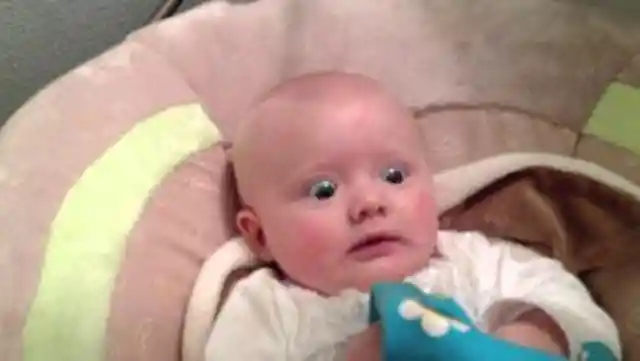

You'll know it's happened when he flings his arms out to the sides, hands open, then quickly closes up and tucks back in toward his body.
6. Some birthmarks will disappear.
"Stork bites" or "angel kisses" (a pink or red area often on the forehead, eyelids, bridge of the nose, or back of the neck) and Mongolian spots (flat, bluish patches that look like ink stains on the back or bottom) usually fade within a few years.


We don't know what causes them.
7. They can see you!
In your baby's first three months of life, he can only see things that are eight or nine inches away.


This is the perfect distance to see your face when you're holding and feeding your baby, but it also lets him focus on his hands and the rest of his own body.
8. They hear you!
Babies are always listening -- even before they're born.


Even a baby as young as two days old will recognize his mother's voice, even if he only hears one single syllable.
9. Your baby has a specific cry.
Your baby has a specific cry that you can recognize just three days after birth.


Researchers have found that a new mom can pick out her baby's individual cry even if there are other crying babies in the room.
10. At this rate, your baby could be giant


If your baby continued his first year's growth rate, he would be 170 feet tall by the time he becomes an adult!
11. Your baby's brain will double in the first year of life.
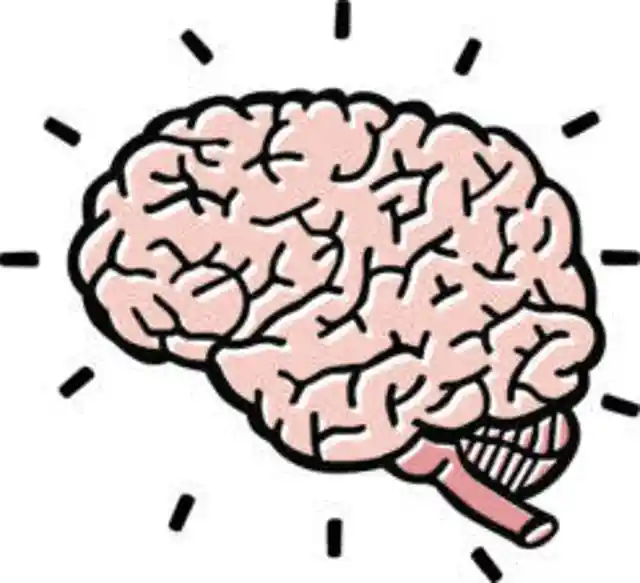
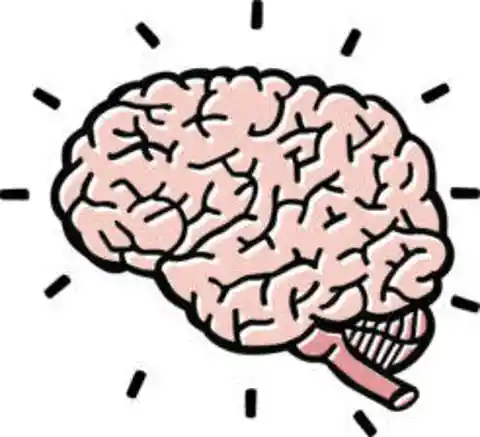
The brain at one-year-old is half the size of an adult brain.
12. Your baby loves the sound of human speech.
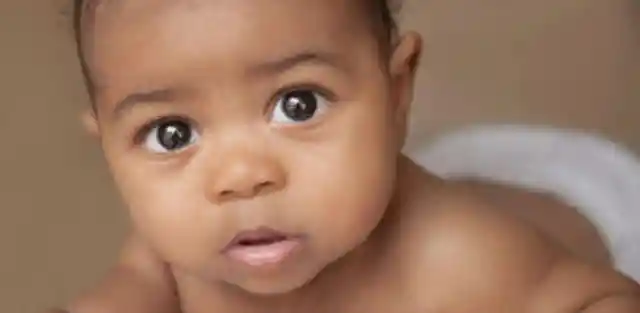
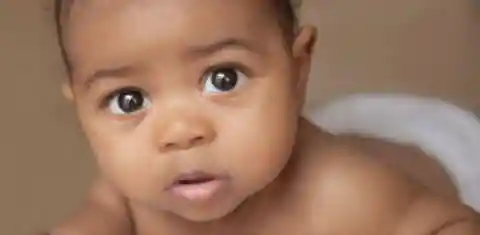
This is part of the reason why their early language includes imitating words rather than a ringing phone.
13. Your baby has bad vision!
A baby’s eyes are 75% of their adult size, but its vision is around 20/400.
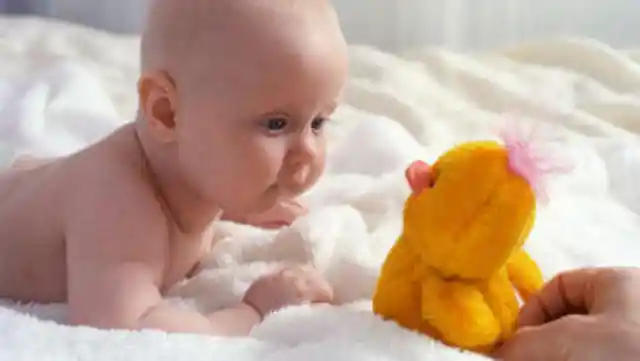

By six months, a baby’s vision should reach 20/20.
14. Babies are born with 94 extra bons!
1Adults have 206 bones. When babies are born, they have 300.


Their bones fuse as they grow, resulting in fewer bones as adults.
15. A babies head is huge!
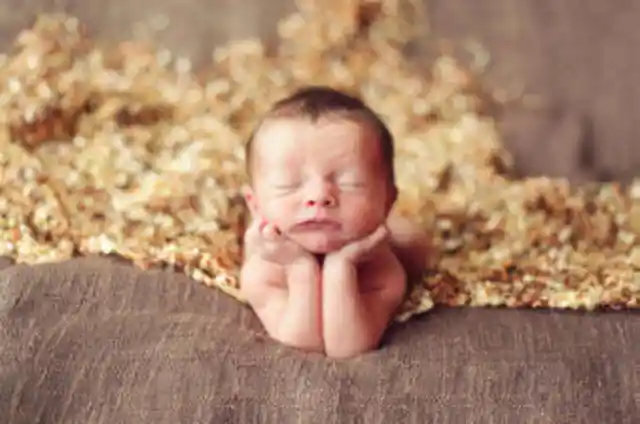
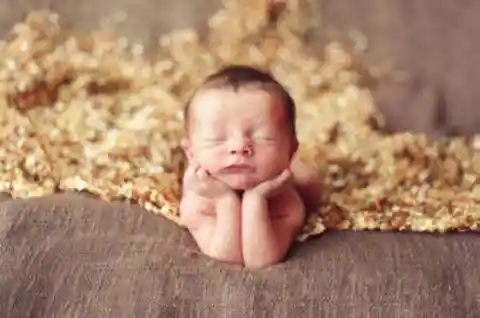
A baby’s head is proportionally huge, being one-quarter of the total body length, compared to only one-eighth of the total adult’s length.
16. At birth, babies have no kneecaps.
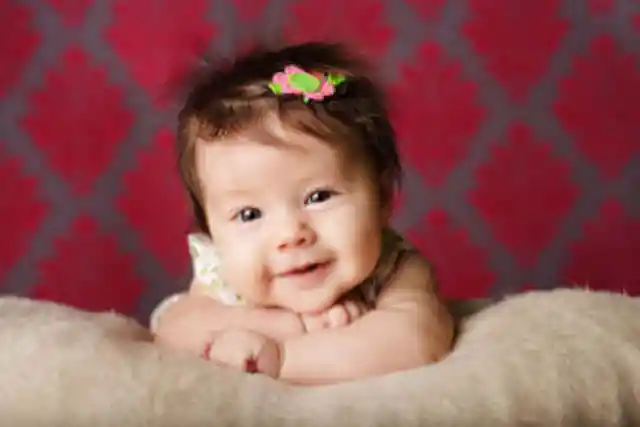

Kneecaps do not develop completely until after six months.
17. Babies lose most of their hair!


Most newborns will lose all the hair they are born with in the first three or four months of life.
18. Crossed eyes.
In the beginning, a slight case of wonk-eye in baby is to be expected.
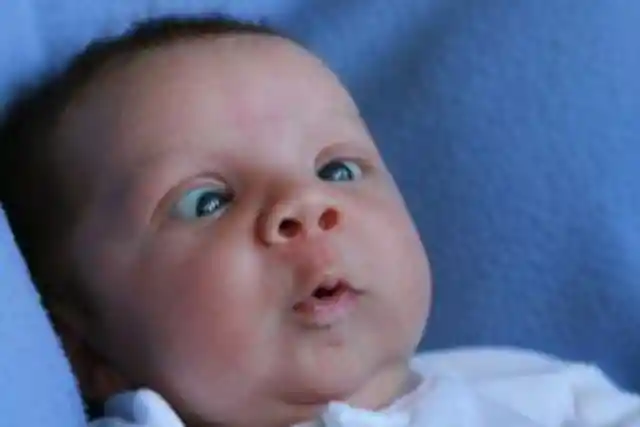

Baby's still trying to sort out all of his or her newfound abilities, including his or her sense of sight, and it will take some time to gain a little muscle control and hone those focusing techniques.
19. Newborns have tiny tummies
Babies have tiny tummies and need to feed frequently, As often as every 2 hours.
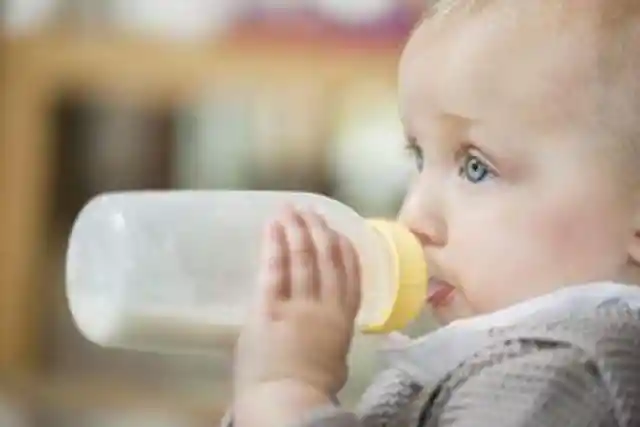

Often these cluster feeding periods are followed by a longer stretch of sleep.
20. Newborns sleep a lot
...typically up to 16 to 17 hours a day. But most babies don't stay asleep for more than two to four hours at a time, day or night, during the first few weeks of life.
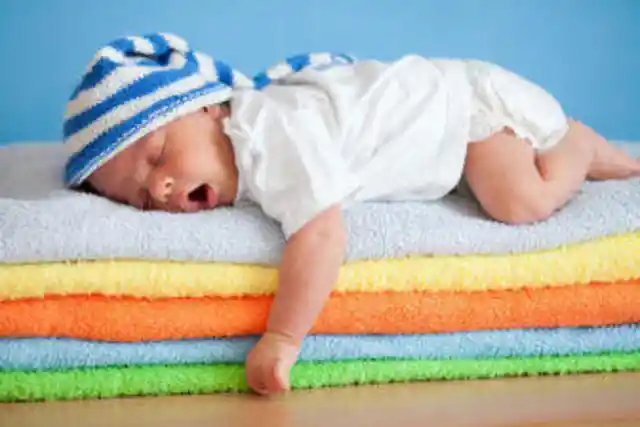

The result? Lots of sleep for your baby and a very irregular – and tiring – schedule for you.